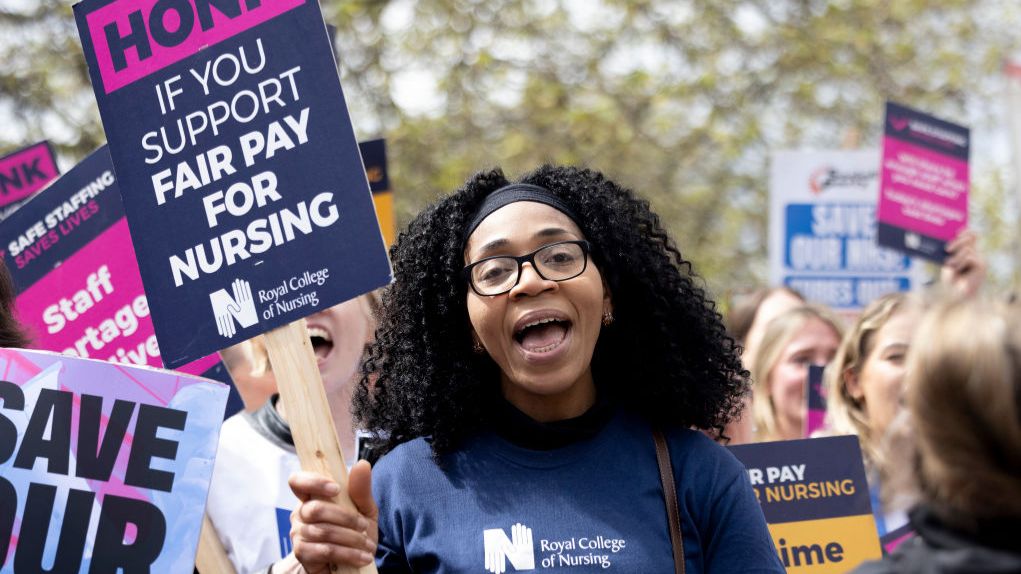
Introduction
The nurses pay strike currently sweeping across the United Kingdom has brought to light pressing issues regarding healthcare compensation and working conditions. As healthcare workers continue to feel the strain from the ongoing pandemic and its resulting pressures, many nurses are advocating for better pay and improved work environments. The significance of this movement is profound, as it not only affects the nursing workforce but also the wider healthcare system and, ultimately, patient care.
Details of the Strike
Beginning in early 2023, the nurses pay strike has seen large-scale participation from various healthcare trusts and unions, most notably the Royal College of Nursing (RCN). The RCN has been vocal about the need for a significant salary increase to cope with the rising cost of living and inflation rates, which have sharply eroded the purchasing power of healthcare workers. Recent surveys indicated that more than half of nurses are contemplating leaving the profession due to dissatisfaction with the current pay structure.
The strike actions have resulted in planned walkouts across hospitals and clinics, disrupting routine healthcare services. During the first week of December, thousands of nurses from over 60 NHS trusts participated in the strike, with many expressing their determination to secure better financial recognition for their essential work amid escalating demands placed on the healthcare system.
Government Response and Healthcare Impact
The government has stated that it must balance fiscal responsibility with the need for adequate healthcare funding. However, health secretary Steve Barclay has indicated that the government is open to discussions about pay increases, noting the importance of supporting NHS staff amidst challenging economic circumstances. Nevertheless, no concrete proposal has emerged that meets the demands put forth by the striking nurses.
Healthcare services across the nation have felt the impact of the strike. Emergency services underwent significant pressure, as clinical staff sought to prioritise urgent care while navigating the implications of a reduced workforce. Hospitals reported delays in elective surgeries and outpatient appointments, raising concerns about the long-term implications for patient health and the overall effectiveness of the NHS.
Conclusion
The nurses pay strike represents a critical moment in the ongoing negotiations over healthcare pay in the UK. As discussions continue, the significance of these strikes extends beyond just financial compensation; they reflect the urgent need for reform within the NHS. For many, the outcome will determine the viability of the nursing profession and the quality of care patients can expect in the future. Stakeholders on all sides will need to engage constructively to find a resolution that acknowledges the contributions of nurses and ensures the sustainability of the healthcare system.
You may also like

Understanding the Impact of the Novi Sad Tragedy

Understanding the Current Situation of Migrants in the UK
